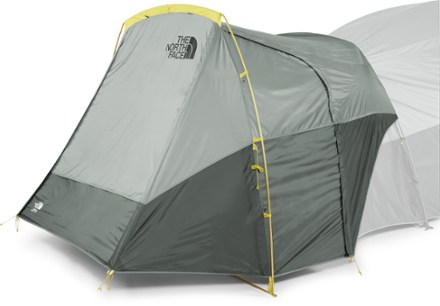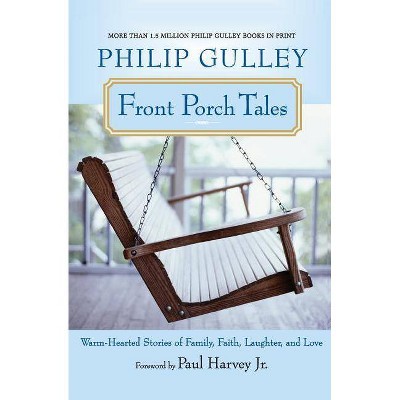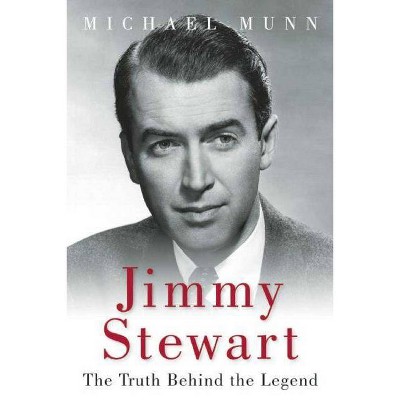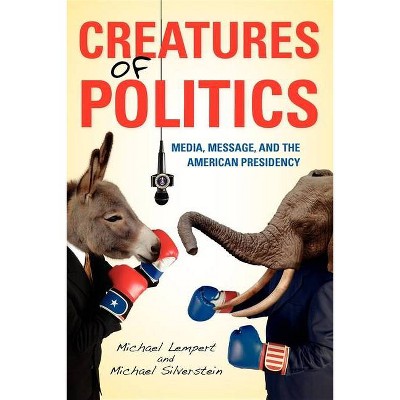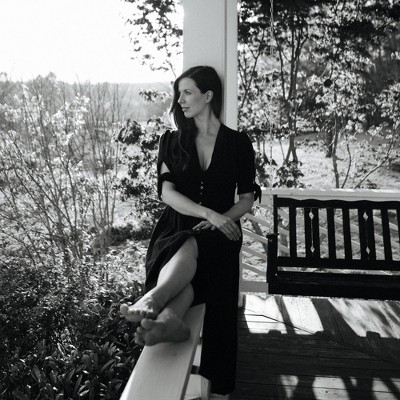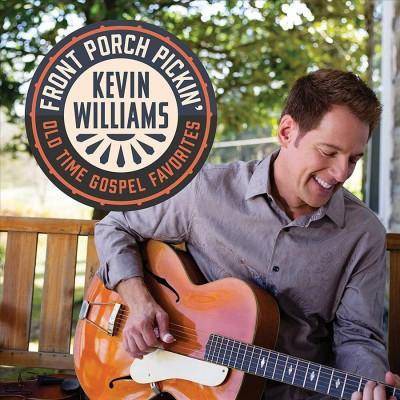Front Porch Politics - by Michael Stewart Foley (Paperback)
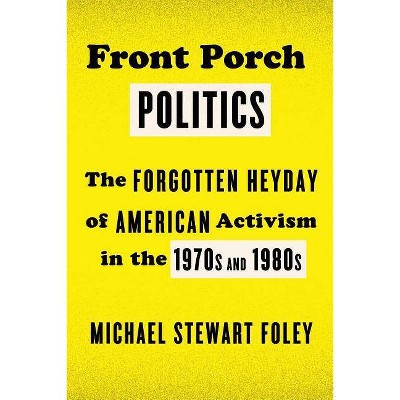
Similar Products
Products of same category from the store
AllProduct info
<p/><br></br><p><b> About the Book </b></p></br></br>"An on-the-ground history of ordinary Americans who took to the streets when political issues became personal. It is widely believed that Americans of the 1970s and '80s were exhausted by the upheavals of the '60s and eager to retreat to the private realm. When they did take action, it was mainly to express their disillusionment with government by supporting the right. In fact, as Michael Stewart Foley shows, neither of these assumptions is correct. On the community level, the 1970s and '80s saw vibrant new forms of political activity emerge. Tenants challenged landlords, farmers practiced civil disobedience to protect their land, and laid-off workers asserted a right to own their idled factories. Activists fought to defend the traditional family or to expand the rights of women, while entire towns organized to protest the toxic sludge in their basements. In all these arenas, Americans were propelled by their own experiences into the public sphere. Disregarding conventional ideas of "left" and "right," they turned to political action when they perceived an immediate threat to the safety and security of their families, homes, or dreams. Front Porch Politics is a people's history told through on-the-ground experiences. Recalling crusades famous and forgotten, Foley shows how Americans followed their outrage into the streets. Their distinctive style of visceral, local, and highly personal activism remains a vital resource for the renewal of American democracy"--<p/><br></br><p><b> Book Synopsis </b></p></br></br><p>"Reading this book revives the spirit of civic action today for those who are unjustifiably forlorn about overcoming injustice."--<b>Ralph Nader</b><br><b></b></p><p><b>An on-the-ground history of ordinary Americans who took to the streets when political issues became personal</b><br><b></b><br><b></b>The 1960s are widely seen as the high tide of political activism in the United States. According to this view, Americans retreated to the private realm after the tumult of the civil rights and antiwar movements, and on the rare occasions when they did take action, it was mainly to express their wish to be left alone by government--as recommended by Ronald Reagan and the ascendant New Right.<br> In fact, as Michael Stewart Foley shows in <i>Front Porch Politics</i>, this understanding of post-1960s politics needs drastic revision. On the community level, the 1970s and 1980s witnessed an unprecedented upsurge of innovative and impassioned grass roots political activity. In Southern California and on the Lower East Side of Manhattan, tenants challenged landlords with sit-ins and referenda; in the upper Midwest, farmers vandalized power lines and mobilized tractors to protect their land; and in the deindustrializing cities of the Rust Belt, laid-off workers boldly claimed the right to own their idled factories. Meanwhile, activists fought to defend the traditional family or to expand the rights of women, while entire towns organized to protest the toxic sludge in their basements. Recalling Love Canal, the tax revolt in California, ACT UP, and other crusades famous or forgotten, Foley shows how Americans were propelled by personal experiences and emotions into the public sphere. Disregarding conventional ideas of left and right, they turned to political action when they perceived, from their actual or figurative front porches, an immediate threat to their families, homes, or dreams.<br><i> Front Porch Politics </i>is a vivid and authoritative people's history of a time when Americans followed their outrage into the streets. Addressing today's readers, it is also a field guide for effective activism in an era when mass movements may seem impractical or even passé. The distinctively visceral, local, and highly personal politics that Americans practiced in the 1970s and 1980s provide a model of citizenship participation worth emulating if we are to renew our democracy.</p><p/><br></br><p><b> Review Quotes </b></p></br></br><br><p>"Reading this book revives the spirit of civic action today for those who are unjustifiably forlorn about overcoming injustice." <b>--</b><b>Ralph Nader</b></p><p>"A bold, ambitious work that offers a refreshingly vivid reinterpretation of American politics during the 1970s and 1980s . . . Foley's book will doubtless inspire a new generation of scholars to revisit this fascinating era." <b>--<i>American Historical Review </i></b></p><p>"A valuable and important work. [<i>Front Porch Politics</i>] has the heft and narrative power to help cure America of its amnesia concerning post-1960s mass protest . . . Foley vividly conveys the emotional valiance of these often desperate struggles by Americans in the 1970s and 1980s to cope with political and economic forces that threatened to overwhelm them . . . [A] bold, pioneering work of grassroots social and political history."<b> --Robert Cohen, <i>The Sixties: A Journal of History, Politics and Culture</i></b></p><p>"<i>Front Porch Politics</i> offers a panoramic view of Americans who joined a variety of social movements in the two decades after the 1960s . . . [Foley] offers rich and textured accounts of closely drawn portraits of activists who were engaged not with electoral politics but with drawing attention to what they perceived as neglected and unjust conditions in their communities . . . The author has done historians a service by weaving the strands of disparate works of secondary scholarship into a sweeping and accessible tapestry . . . Foley offers a vision that scholars would do well to consider as we begin to piece together the quarter century of growing inequality since the end point of his study." <b>--Timothy Stewart-Winter, <i>Journal of American History</i></b></p><p>"Carefully researched and vividly written." <b>--</b><i><b>Booklist</b></i></p><p>"A useful, vibrant account of a neglected chapter in our activist history." <b>--Bill McKibben, founder of 350.org and author of <i>The End of Nature</i></b></p><p>"In this remarkable history, Michael Stewart Foley makes the case that [the 1970s and 80s] cannot be understood in terms of a simple partisan shift from left to right, or liberal to conservative. Nor, he suggests, can these years be seen as a time of quiescence or retreat. Instead, they were characterized by an intense, angry, and impassioned style of activism on issues that spanned the political spectrum . . . Foley's book is packed with vivid accounts of the battles he covers, many of which will be unfamiliar to readers today." <b>--</b><i><b>Dissent Magazine</b></i></p><p>"In <i>Front Porch Politics</i>, Michael Stewart Foley illuminates an era of creative populist organizing that needs to be remembered and emulated. This is a wise and gracefully composed book--and essential reading for anyone who cares about the past and future of democracy in America." <b>--Michael Kazin, author of <i>American Dreamers: How the Left Changed a Nation</i> and editor of <i>Dissent</i></b></p><p>"Michael Stewart Foley is one of our best historians of Americans' long experiment with democracy. In <i>Front Porch Politics</i>, he demolishes the myth of post-1960s political exhaustion and gives us instead a fascinating account of grassroots politics in the 1970s and 1980s, an era when millions of Americans fought for a moral capitalism and social equity." <b>--David Farber, author of <i>The Rise and Fall of Modern American Conservatism</i></b></p><p>"Michael Stewart Foley has flipped the dismal decade! In place of America's years of despair, this lively, well-crafted study reveals a tremendous mix of citizen-based political initiatives. Whether it was environmental issues, family values, or factory closings, the government wasn't doing it for these local activists, so they stood up and did it themselves. This rich and engaging tale of the grass roots delivers the reader far beyond the clichés of the decade. Maybe this wasn't the 'me decade' after all. Maybe it was the decade of self-reliance--collectively pursued." <b>--Jefferson Cowie, award-winning author of <i>Stayin' Alive: The 1970s and the Last Days of the Working Class</i></b></p><p>"Michael Stewart Foley brilliantly captures the hidden grassroots history of the 1970s and 1980s. Richly detailed and sweeping in scope, <i>Front Porch</i> <i>Politics </i>sees past the easy cliché of a decadent 'me generation' to document the countless ways ordinary people in those decades lived up to the civic ideal of engagement with the public good. Foley's new synthesis of a much misunderstood era demands to be read." <b>--Robert O. Self, author of <i>All in the Family: The Realignment of American Democracy Since the 1960s</i></b></p><p>"In this beautifully written, highly readable account, Michael Stewart Foley takes us on a journey into the small towns, cities, suburbs, factories, and farms where Americans of all political stripes became what Foley calls 'accidental activists.' These were men and women who, in response to upheavals within their own communities, collectively created a robust civic culture that has been--up until now--largely forgotten. This is a wonderful book that should permanently lay to rest the claim that the 1970s and 1980s were decades of simple conservative domination or political quiescence." <b>--Natasha Zaretsky, author of <i>No Direction Home: The American Family and the Fear of National Decline, 1968-1980</i></b></p><p>"Foley counters the conventional take that there was a sharp and sudden letdown in civic activism after the sixties . . . [An] antidote for those still demoralized by decennial mythologies."<b> --</b><i><b>The Nader Page</b></i></p><br><p/><br></br><p><b> About the Author </b></p></br></br><b>Michael Stewart Foley</b> is the author of <i>Confronting the War Machine: Draft Resistance During the Vietnam War</i>, winner of the Scott<i> </i>Bills Memorial Prize from the Peace History Society.<i> </i>He has edited or coedited three other books and is a<i> </i>founding editor of <i>The Sixties: A Journal of History, Politics and Culture</i>. A native New Englander, he has<i> </i>taught American history at the City University of New<i> </i>York and, in England, at the University of Sheffield.<i> </i>He is now a professor of American political culture at<i> </i>the University of Groningen in the Netherlands.
Price History
Price Archive shows prices from various stores, lets you see history and find the cheapest. There is no actual sale on the website. For all support, inquiry and suggestion messages communication@pricearchive.us

